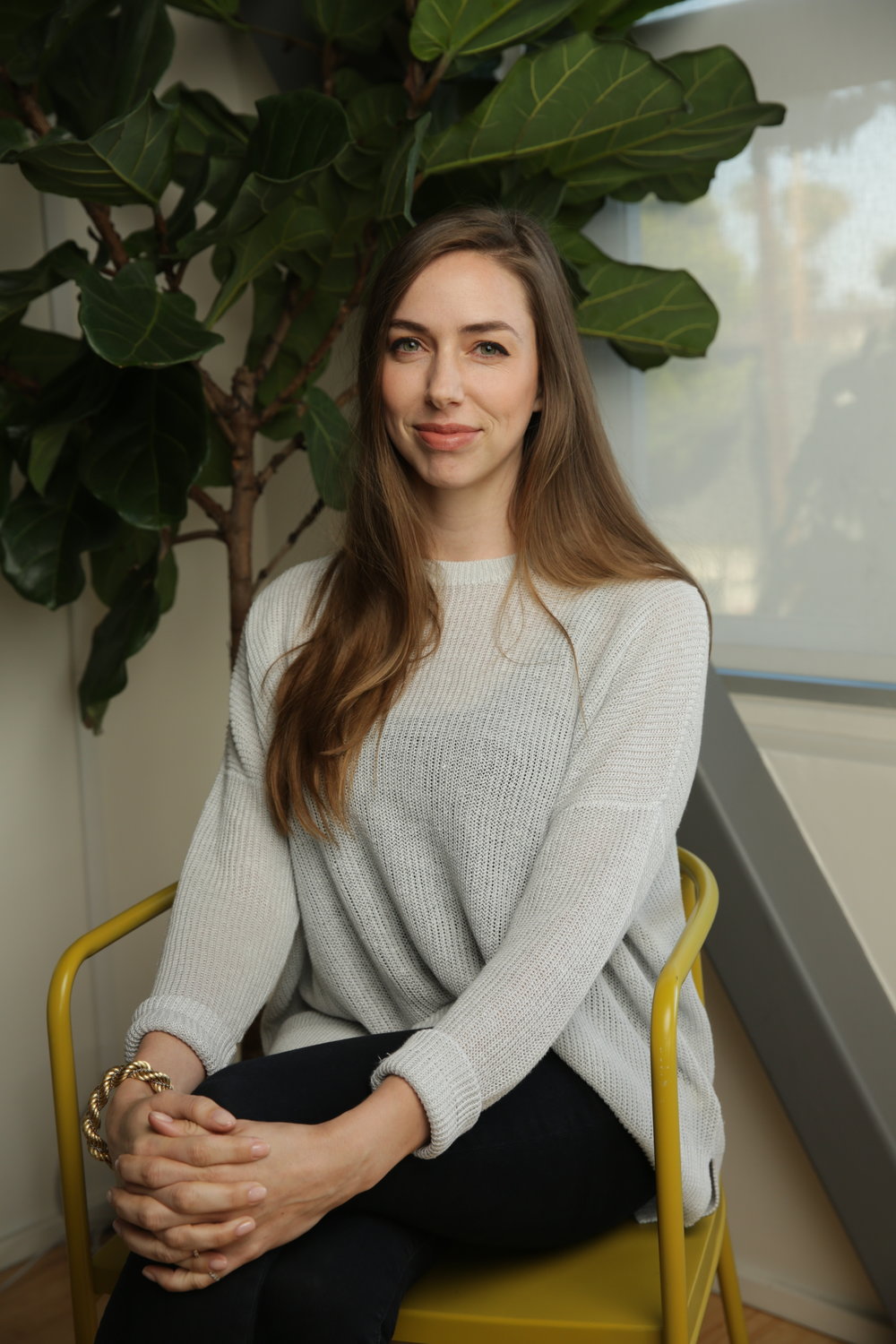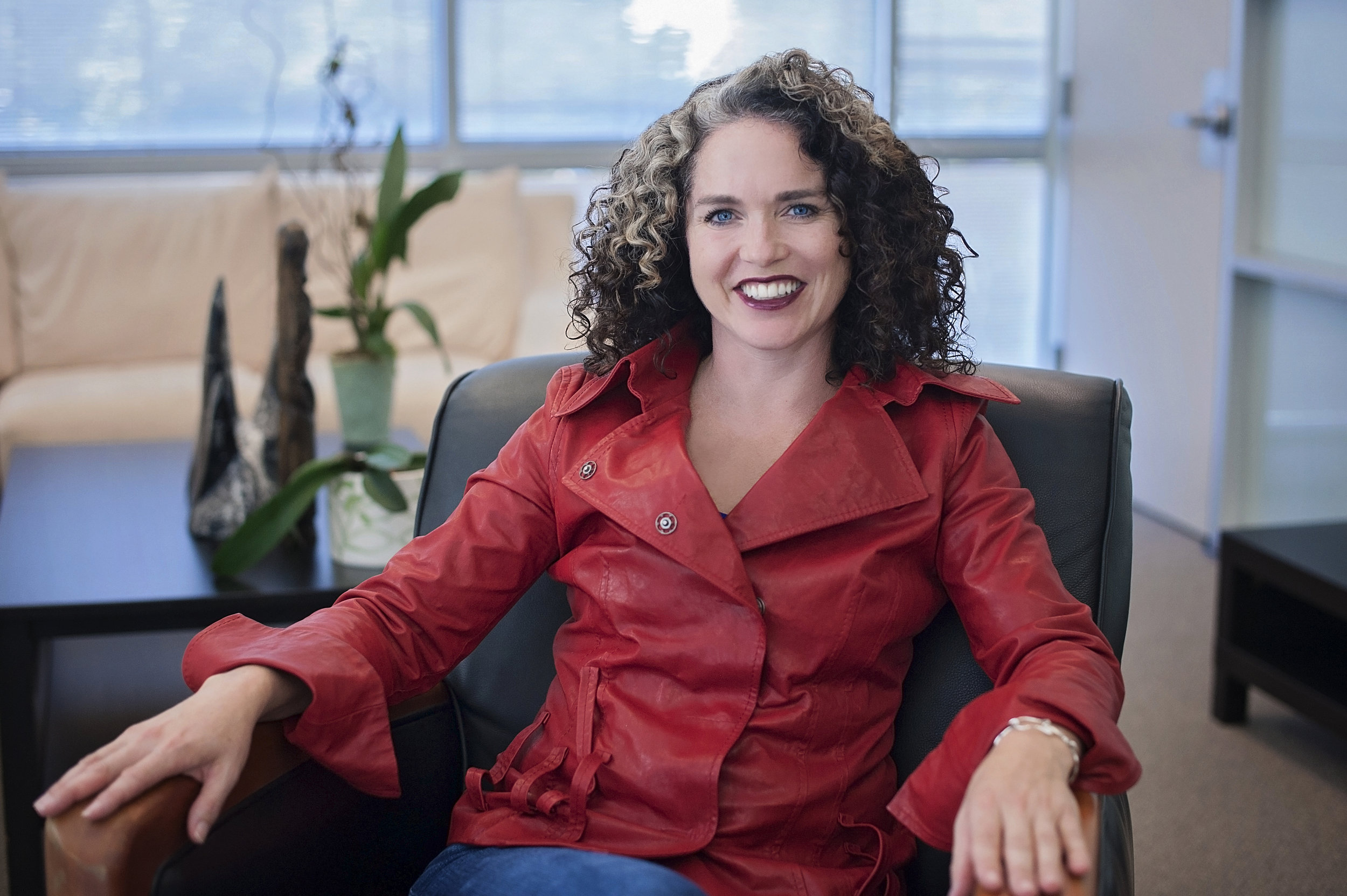Kasey Edwards shares how being a foster parent made her a better startup CEO.
Truth be told it all started with an epic breakup. Like so many in my peer group, I’d been in a relationship for my entire 20s that was fated to end by 30. There was an engagement, a modest first home purchase, and not enough life experience to carry it through for another decade. At the time I was successful, I had 3 separate and profitable businesses that earned just shy of $1 million that year. But I was devastated.
After seven good years of dedicating myself to another person, I found a surplus of tenderness. I decided to use all the nurturing I’d allocated to my romantic life to give it back to myself and to someone who was truly vulnerable. I turned my favorite small business into a scalable mission-driven tech company and decided to give back to the community as a foster parent. As most hard things go, none of this happens without the power of an important friendship like the one I have with my co-founder, Becka.
Becka and I soon committed ourselves in a year long commitment with a family from my hometown of Long Beach, CA. The mom had lived through years (yes, years) of domestic violence. They’d separated but the economic insecurity of that change left her homeless. When we met, she’d just moved into a small apartment from her van. She’d been hauling herself and her girls around town, parking and giving her plants daylight while the kids were in school. We were driven to test our limits and see if we could truly connect with any mother, as our company that placed babysitters in homes ‘at-scale’ suggested.
Originally it was a weekend gig. The girls came to their ‘Auntie’s’ house for sleepovers while mom was in college (domestic abuse recovery courses, among other things). But when the dad took his own life, the older daughter, age 10, came to my custody as things fell apart. At the time we had two months until our NYE launch where we had nearly 100 sitters booked, including a conference where we’d last done care for tech royalty, celebrities, and our city mayor–which we nailed.
It was hard.
Bottom line–we weren’t sleeping, we had no money, and it was so hard to be strong through the sadness.
6am wake ups were a nightmare for a kid whose seizure meds cause drowsiness. I eventually would blast Beyoncé and shut the door, and she’d eventually stroll out. I drove to Long Beach and back in rush hour every day. Then I fundraised a friends and family round and executed a VIP conference and NYE launch with over 100 sitters.
Finances in startups are epicly tight. Our fundraise was compromised by overbooked business and committing to foster the girls. We made it work with sales vs. investors. The state pulled the funding we’d earmarked for childcare on a tiny technicality, and we launched a GoFundMe campaign to make do, raising $3,000 for care. Childcare was the biggest expense with certainly the most value. But who knows how much more time it would have taken (opportunity cost wasted) were it not for the sourcing of our own babysitters.
It was full.
The only way I know how to describe the emotion around that time was to say it was heightened. Jokes were funnier but I was also a grown woman crying while reading YA literature.
There’s a ton of pressure to be a good parent; it’s internalized from somewhere and it kicks in hard and fast: organic, perfect homework, good manners, manicured hygiene. We had a ten year old whose EQ was off the charts but who was getting the systemic beat down. In time we got into a rhythm and the best things for us were the days we were fed, connected, clean, and getting the right amount of sleep.
Then you look at the girl you love and know her story–what she’s learned by watching her father hit her mom, and you want to unsee it for her. You hope with all your heart that her future will be amazing and you verbally dedicate the rest of your future to seeing her through her own–and your own future to letting her see you push beyond your fears.
There’s a ton of pressure to being a good founder. Silicon Valley’s expectations lead to suicide. It took us a while to learn what of that model we wanted to keep and what we didn’t. It doesn’t take a genius to realize what type of systemic beat downs we were getting as women with no press-worthy exits. But reading Mark Suster’s blog posts always help me ground to reality; it’’s tough for everyone. You can’t let this under your skin. Which is why…
It was a gift.
You don’t know your friend until you see them dedicating maternal love to the kids you call yours. We were building on 10 years of trust: two past businesses, three different housing shares, and countless adventures. I was in awe of my co-founder. We were like a perfect divorced family: two houses, same rules, same schedules, same goals, and tons of communication. We anticipated each other’s needs, helped when we could, stayed out of the way when we couldn’t, and made ourselves useful elsewhere.
We were a well oiled machine. Every single minute was productive. We worked every day including Christmas Eve, Christmas, and New Years. Our priorities were in line. If it didn’t make dollars it didn’t make sense. If an investor gave us tough feedback on our deck, we moved on, even laughed about it.
Our babysitters really showed up. They honored us and proved to us that our commitment to a working relationship meant more than economics. It was divine feminine–pure. We all poured every drop of our energy into making a difference in the lives of these two kids, in the lives of all the kids who find themselves a part of the ‘village’ we’d created with Helpr.
Through economic condition, current life challenges, technology, and across geographies or face-to-face with a woman fighting for the child in my legal custody, there’s been nothing but interesting connections. You don’t know what you’ve got to give until you’re on the front lines. You manifest courage, patience, and love and the ability to show up when you’re called to. Which coincidentally is exactly what you need to build a great company.
Kasey Edwards is Co-Founder and CEO of Helpr, the company eliminating scrambles of last-minute babysitting and the company changing the norms for childcare benefits at work. She co-founded the company with her best friend, Becka Klauber Richter. Kasey has been part of the childcare industry for as long as she can remember. As a child, her mother ran a daycare from their home, her first job was as a babysitter for neighborhood families, she nannied her way through college, she ran a boutique childcare agency called University Sitters, which scaled to Helpr, and she is now a foster mother.
















